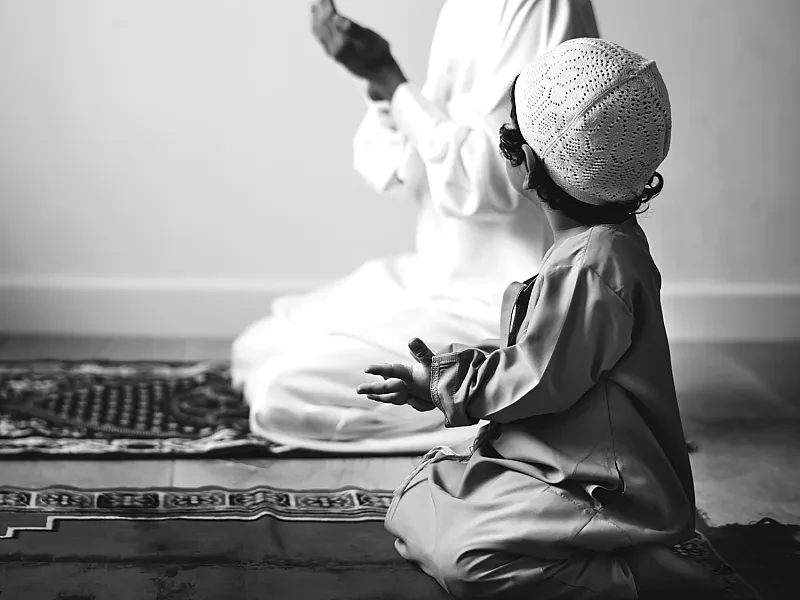
Diya, also known as blood money or compensation for injury or death, is a key concept in Islamic law that dates back to the earliest days of the religion. The term diya refers to the financial compensation that must be paid to the family of a victim in the event of a fatal injury or death. The payment of diya is seen as a means of compensating the victim's family for their loss and of promoting peace and reconciliation in the aftermath of violent conflict.
Diya has its roots in the Qur'an, the holy book of Islam, which instructs Muslims to compensate the family of a victim in the event of a fatal injury or death. The payment of diya is seen as a way of upholding the principles of justice and compassion in Islamic law and of promoting peace and reconciliation in society.
The amount of diya that must be paid depends on a number of factors, including the victim's age, gender, and social status. For example, the diya for a male adult is typically higher than that for a female, and the diya for a free person is typically higher than that for a slave. The amount of diya may also be influenced by other factors, such as the location of the injury or death, the nature of the injury, and the relationship between the victim and the killer.
The payment of diya is often negotiated between the killer's family and the victim's family, and in some cases, it may be used as a way of resolving disputes without resorting to criminal proceedings. In many Muslim countries, the payment of diya is governed by the country's Shari'a courts, which have jurisdiction over matters related to Islamic law. The Shari'a courts play a key role in resolving disputes related to diya and in ensuring that the payment of compensation is made in accordance with Islamic law and tradition.
In addition to its role in compensating the victim's family, the payment of diya also serves an important function in promoting peace and reconciliation in society. The payment of diya is seen as a means of reducing tensions and resolving conflicts between different groups in society, and it is often used as a way of avoiding the escalation of violent conflict.
Despite its widespread use and acceptance, the use of diya has also been criticized by some who argue that it can be used to avoid criminal prosecution and that it may perpetuate inequality between different groups in society. Critics argue that the payment of diya may be seen as a way of buying one's way out of criminal responsibility, and that it may lead to unequal treatment of different groups in society.
Despite these criticisms, the use of diya remains a widely accepted practice in many Muslim countries, including Qatar, and is seen as a means of promoting peace and reconciliation in the aftermath of violent conflict. The payment of diya continues to play an important role in Islamic law and tradition, and it continues to serve as a key mechanism for resolving disputes and compensating victims in the aftermath of fatal injury or death.
In conclusion, diya is a central concept in Islamic law and is seen as a means of promoting peace and reconciliation in the aftermath of violent conflict. The payment of diya remains a widely accepted practice in many Muslim countries, including Qatar, and continues to play an important role in resolving disputes and compensating victims in the event of a fatal injury or death. Despite criticism from some quarters, diya remains an important part of Islamic law and tradition, and it continues to play a key role in the legal and social systems of many Muslim countries.
Disclaimer: This article provides general information and should not be construed as legal advice. Please consult with a qualified and experienced lawyer for personalized guidance regarding your specific situation.
